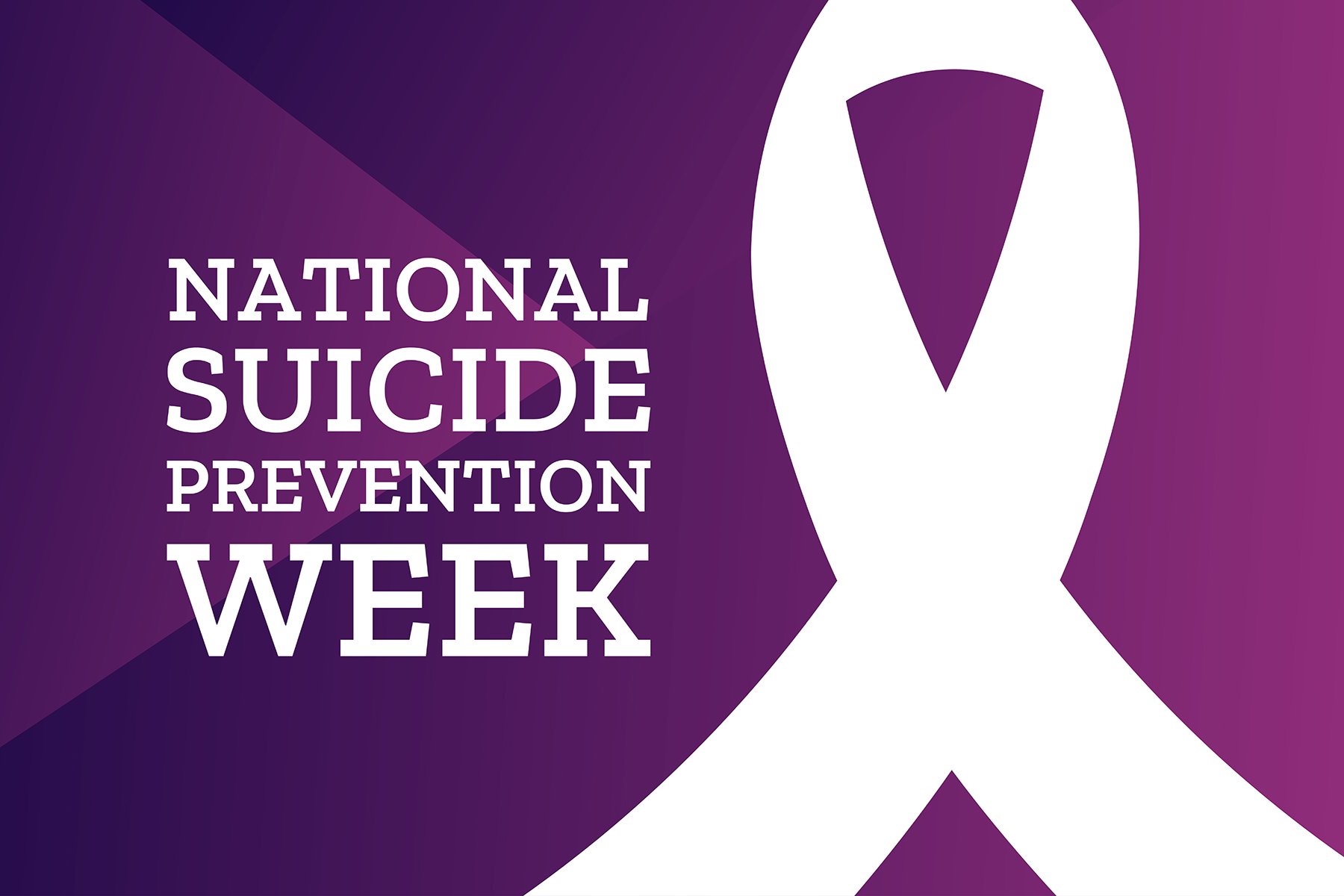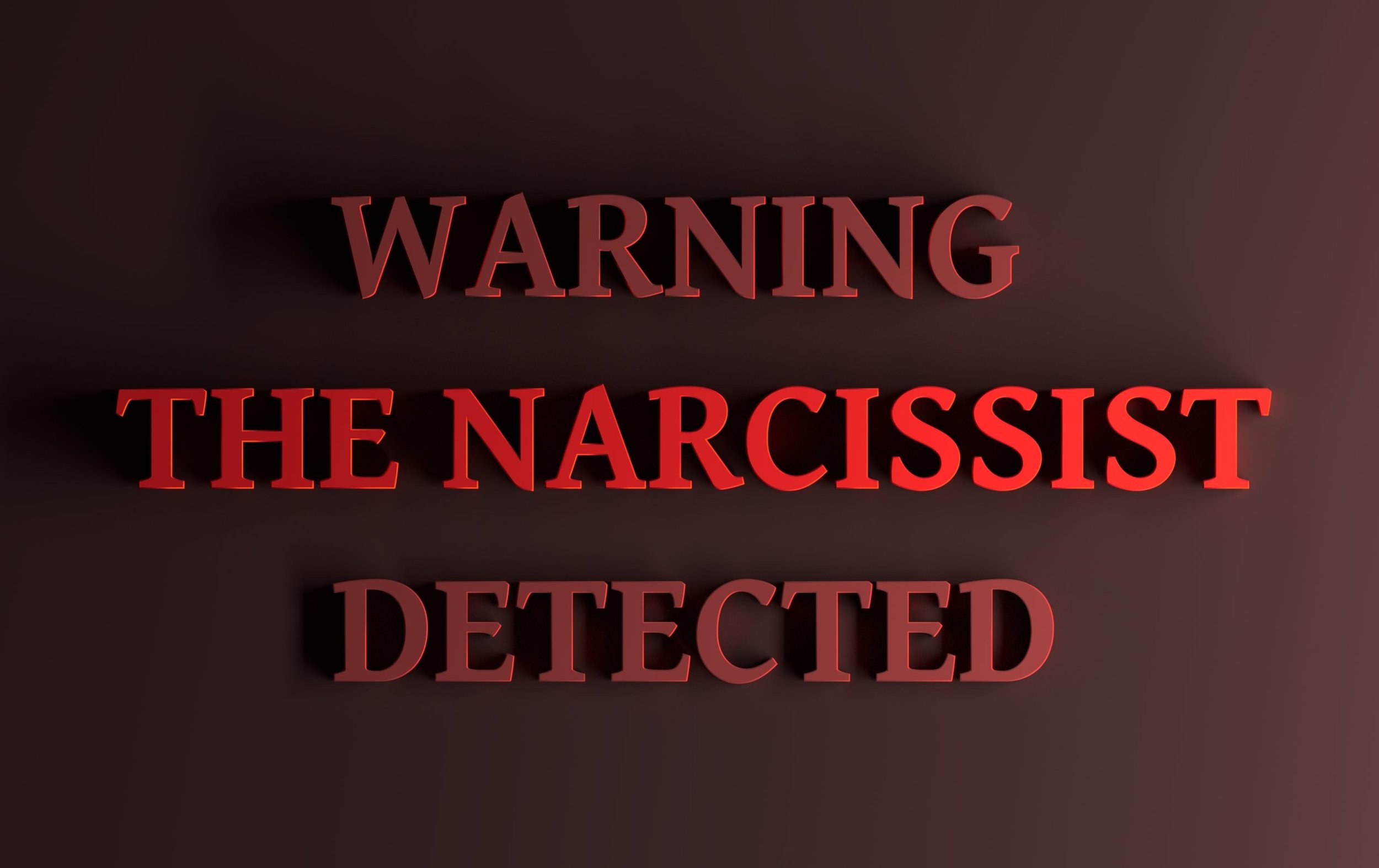
How to Cope with a Narcissistic Sibling
The development of narcissistic traits is a complex interplay of genetic predisposition and environmental factors, particularly childhood experiences and parenting styles. While there is no single cause of narcissism, understanding these contributing factors can help in early intervention and prevention.


Understanding and PREVENTING Suicide…
National Suicide Prevention Week is an annual week-long campaign in the United States to inform and engage health professionals and the general public about suicide prevention and warning signs of suicide.


Intimate Partner Abuse
Living in a relationship with an abusive partner is an intensely traumatic and complex experience, often characterized by a constant state of fear, confusion, and emotional turmoil.

How are Narcissists Created?
The development of narcissistic traits is a complex interplay of genetic predisposition and environmental factors, particularly childhood experiences and parenting styles.


Let’s chat…
Let’s check in- Would love to update you on all there is to learn this Summer…

Green and Red Flags in Relationships and How the "Traitor Within" Influences One’s Perception on Red and Green Flags.
Green and Red Flags in Relationships and How the "Traitor Within" Influences One’s Perception on Red and Green Flags.

The Invisible Scars: Growing Up with Alcoholic Parents
Many children of alcoholics become expert secret-keepers. They learn to hide their parent's addiction from the outside world, often taking on adult responsibilities far beyond their years. They might become the de facto caretaker for younger siblings, or the family peacekeeper, always on alert to diffuse tense situations before they escalate.

Navigating the Storm: The Experience of Loving an Addict and Healing from Betrayal Trauma
Loving an addict often means living in a state of constant uncertainty and fear. You may find yourself oscillating between hope and despair, love and anger, compassion and resentment. The unpredictability of addiction can leave you feeling as though you're walking on eggshells, never knowing what version of your loved one you'll encounter from one moment to the next.

Understanding Different Types of Narcissists: Characteristics, Manipulation Tactics, and Healing Strategies
In this blog, I will be discussing people who has narcissistic personality traits, not people diagnosed with NPD. These are people who could be a family member, next door neighbor, your girlfriend, etc. I hope this helps you navigate difficult relationships with someone with narcissistic traits.
Narcissistic personality traits can manifest in various aspects of a person's life, affecting romantic relationships, family dynamics, friendships, and professional environments. Individuals with these traits are characterized by an inflated sense of self-importance, a deep need for excessive attention and admiration, and a lack of empathy for others.

Understanding the Vulnerable Narcissist: Recognition, Manipulation, and Breaking Free
A Narcissistic is characterized by an inflated sense of self-importance, a deep need for excessive attention and admiration, and a lack of empathy for others. While many are familiar with the grandiose or overt narcissist, there exists a subtler, more insidious type known as the vulnerable narcissist. This blog post aims to shed light on the characteristics of vulnerable narcissists, why they often target empathetic individuals, their manipulation tactics, and how to break free from their influence.

The Unexpected Faces of Grief: Navigating Loss in the Midst of Life's Happy Moments
Grief is often associated with the profound sadness and heartache that follows the death of a loved one or the end of a significant relationship. However, what many people don't realize is that grief can manifest in various forms and can be triggered by a wide range of life events, even those that are typically considered happy or positive. In this blog post, we'll explore the concept of grieving during times of change and transition, and how to navigate these complex emotions while still embracing life's joyful moments.

Understanding Trauma Bonding: Breaking Free from the Cycle of Abuse
Trauma bonding is a complex psychological phenomenon that occurs when a person forms a strong emotional attachment to their abuser. This bond is formed through a cycle of abuse, devaluation, and intermittent reinforcement, creating a powerful and unhealthy connection that can be difficult to break. In this blog post, we'll explore the stages of trauma bonding and discuss strategies for undoing these bonds and breaking free from the cycle of abuse.

Breaking the Bonds of Toxic Relationships
Though the journey may be arduous, and the temptation to return to the familiar may be strong, trust in your own resilience and the knowledge that you deserve a love that uplifts, supports, and nourishes your soul. Stay committed to your own growth and well-being and know that each day brings you closer to the peace and happiness you so deeply deserve.

Narcissistic Mind Games
For narcissists, these mind games serve as tools to keep their partners off-balance, questioning their own sanity, and ultimately, more dependent on the narcissist for a sense of stability. By eroding their partner's self-esteem and confidence in their own perceptions, narcissists are able to maintain the upper hand in the relationship, always keeping their partner guessing and striving for their approval.

The Evolution of Mental Health Stigma: From Shame to Acceptance
Mental health has long been a topic shrouded in stigma and shame. Throughout history, those struggling with mental illness have faced discrimination, social isolation, and even persecution. However, as our understanding of mental health has grown, so too has our acceptance and support for those dealing with these challenges.

Navigating Communication with a Narcissist: Understanding their Patterns and Motives and Strategies for Self-Protection
Navigating Communication with a Narcissist: Understanding their Patterns and Motives and Strategies for Self-Protection

Effective Communication Strategies for Professional, Personal and Romantic relationships and how to communicate with children.
Effective communication is a crucial skill in both personal and professional life. It involves the clear exchange of thoughts, ideas, and feelings between individuals or groups. The best way to communicate depends on various factors, such as the context, audience, and purpose of the message. However, there are several strategies that can help you become a more effective communicator:
DISCLAIMER:
The contents of this website; blog, video, articles, media, book, references, are ONLY for informational and entertainment purposes. It is NOT intended as a psychological service, diagnostic tool, medical treatment, personal advice, counseling, determination of risk and should not be used as a substitute for treatment by psychological or medical services.
Please seek consultation by appropriate healthcare provider. Call 911 if emergency. Call National Suicidal Prevention Hotline 1-800-273-8255 to talk to someone 24/7 if needed. Call National Domestic Violence Hotline at 1-800-799-7233 to talk to someone 24/7 if needed.
Looking, reading, listening to any information on my website, book, and communication with me by email or any other communication with me, you acknowledge and agree that we do not have a professional/client relationship. Use of this site and information associated with this site is solely at the visitor’s own risk.
